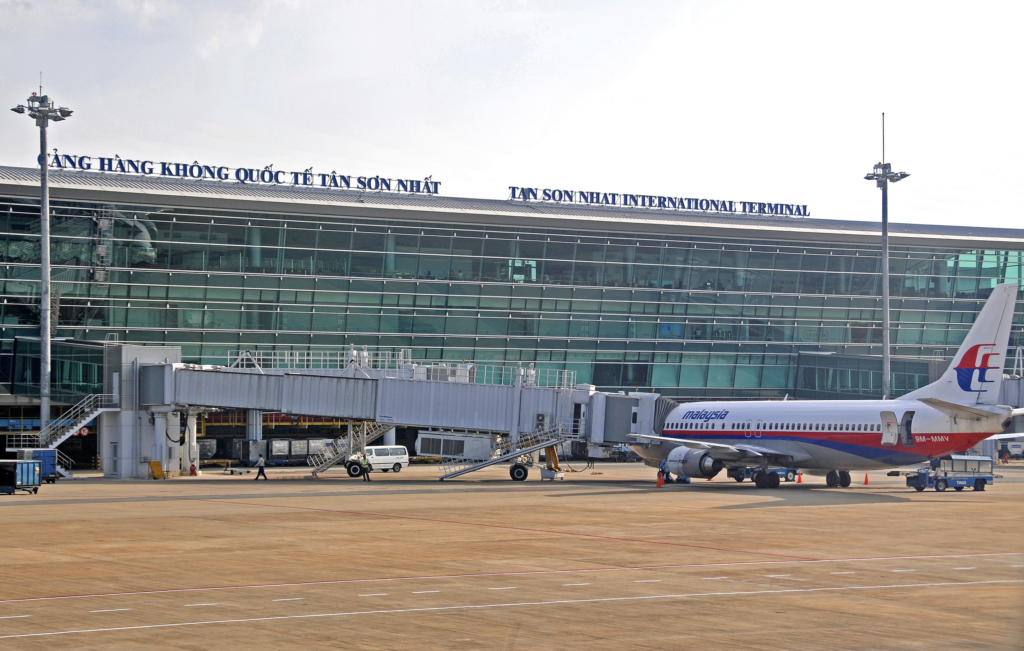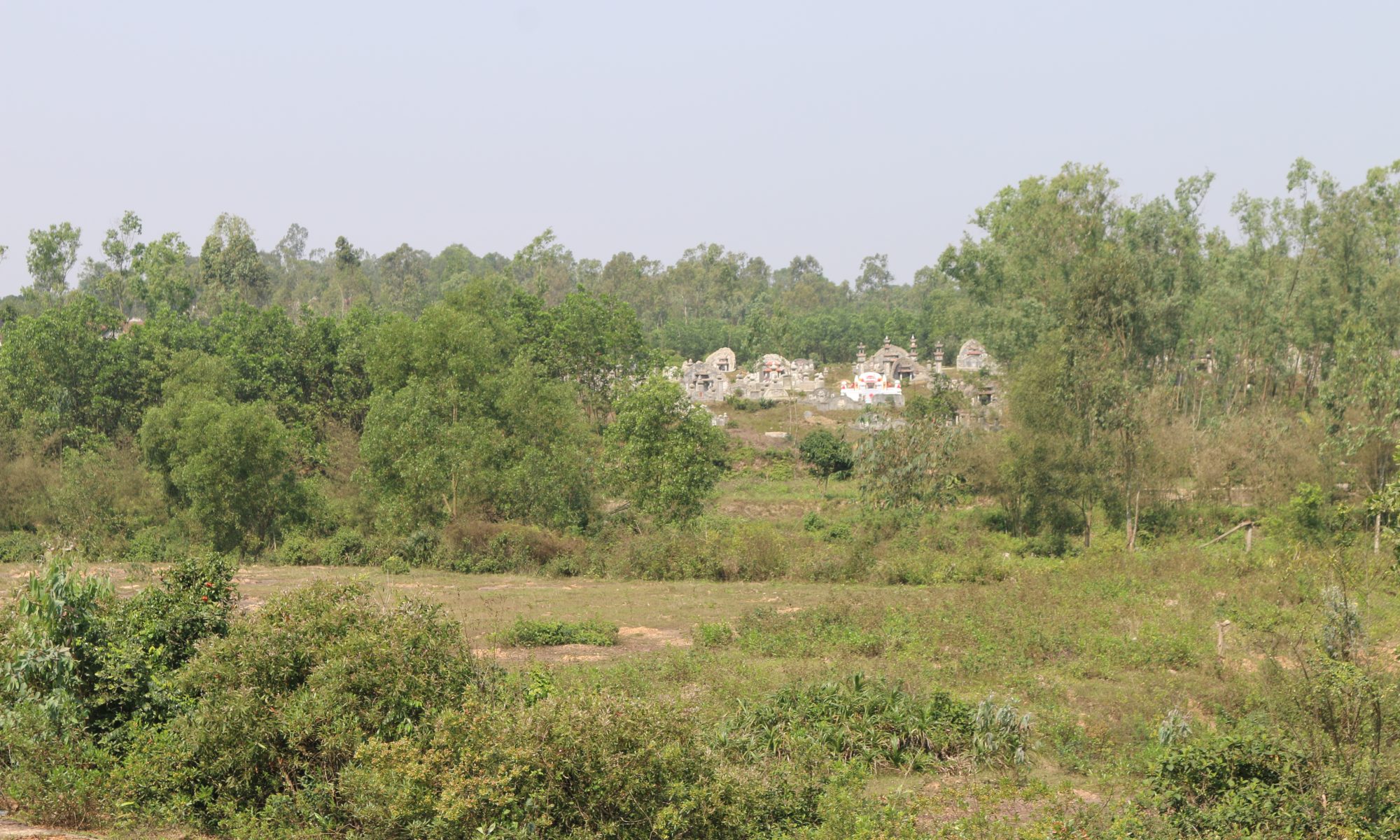UCR’s newsroom did an interview with me today on the comparisons between the fall of Kabul and the fall of Saigon. That interview is visible here.
Two things jumped out to me in the process. First, when the reporter scrolled through images of Kabul’s airport, I was briefly transported to the old days in front of HCM City’s Tan Son Nhat Airport in the mid-1990s before the government built a new terminal. The old Saigon (SGN) airport terminal, the terminal that was shot up in 1975 and then lightly repaired afterwards, was to me like a ghost space. I could almost hear the military traffic on the tarmac, and I imagined the crowds of people rushing the gates before a barrage of North Vietnamese rockets closed the runways.

HCM City’s new international terminal has been in operation since 2007, but passengers on domestic flights still pass through the old airport.
Why do I wax on about airports? I think partly it has to do with the covid lockdown, but also airports symbolize the possibilities for real, global connectivity. For years when I landed at Tan Son Nhat, I was thronged by a crowd of relatives and taxi drivers, literally hundreds of people, even at 2am in the morning, waiting beyond the airport’s barriers to meet their overseas relatives. The ability to cross that threshold and FLY in or out of Vietnam was highly prized. Now Vietnamese people fly all over, so the “magic” of the airport space has faded just like ghost stories and ghosts in villages now blazing at night with electric lights.
Seeing pictures of Kabul Airport this week reminded me of those early (not always so good) days.
The second thing that jumped out during the interview was the reporter’s last question. “Did we lose the war in Vietnam?” That one threw me for a loop. I think anyone who knows about the American evacuation can surmise that we definitely lost something. Pushing helicopters off the deck of an aircraft carrier or permanently disabling them is a pretty good sign that a military in tactical terms has lost control. I was tempted to use that lame Neville Chamberlain quote about there being no winners in war, but instead I just thought about what “winning” means in such conflicts? The United States definitely did not succeed in its objectives of nation-building in either South Vietnam or Afghanistan; I think everyone agrees on that. But historians over the last fifty years have nevertheless produced piles of books in response to this question. Perhaps one of the most interesting is a 2012 book about “the winners” in Vietnam, a book that has yet to appear in English and isn’t available in Vietnam, Bên Thắng Quốc (The Winning Side) by Huy Đức. It has naturally drawn a lot of criticism from Vietnam-based writers, but at least it highlights the challenges that immediately face the “winners” once the old regime’s flags are lowered and the last American aircraft leaves. That’s what the Q&A is about.
